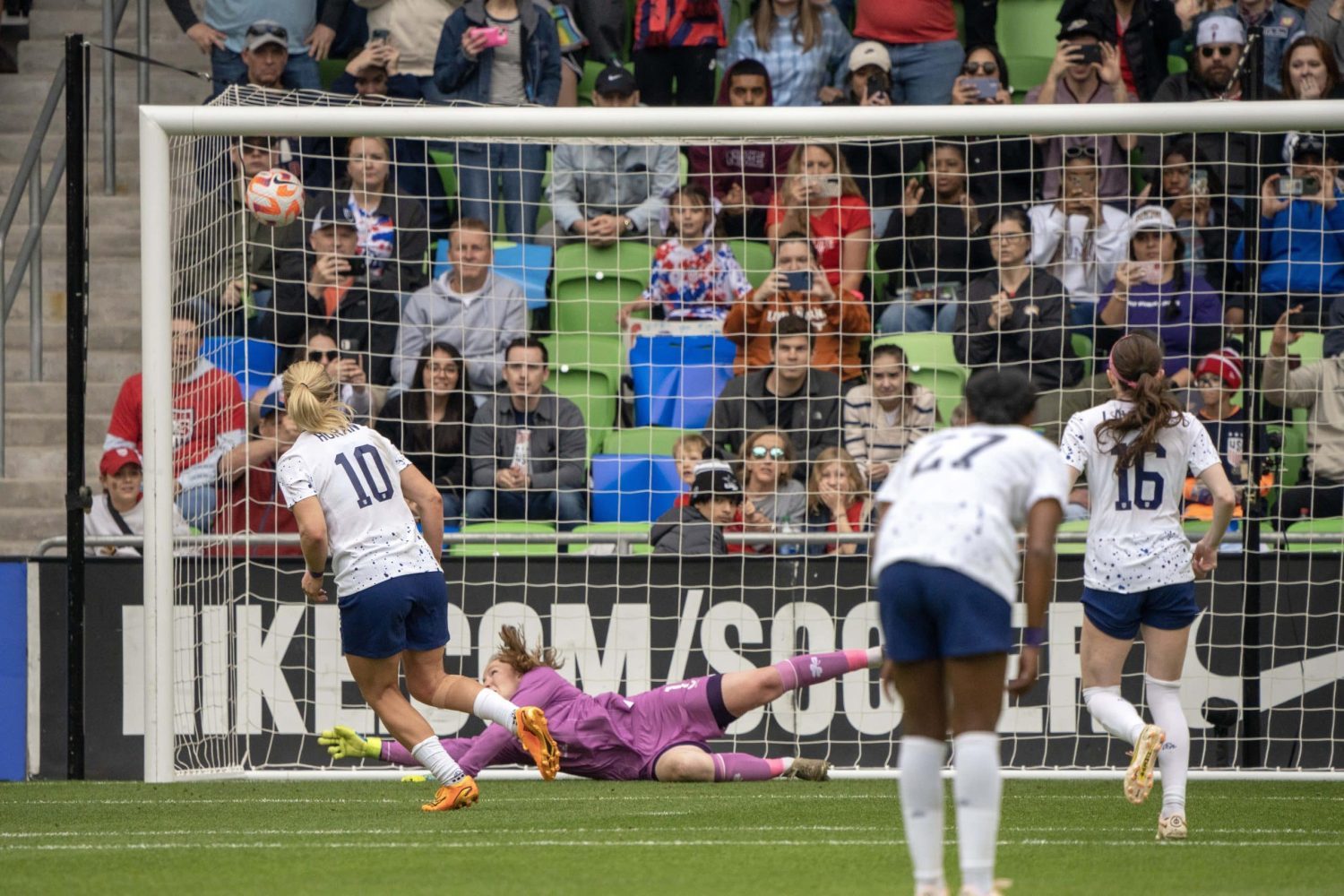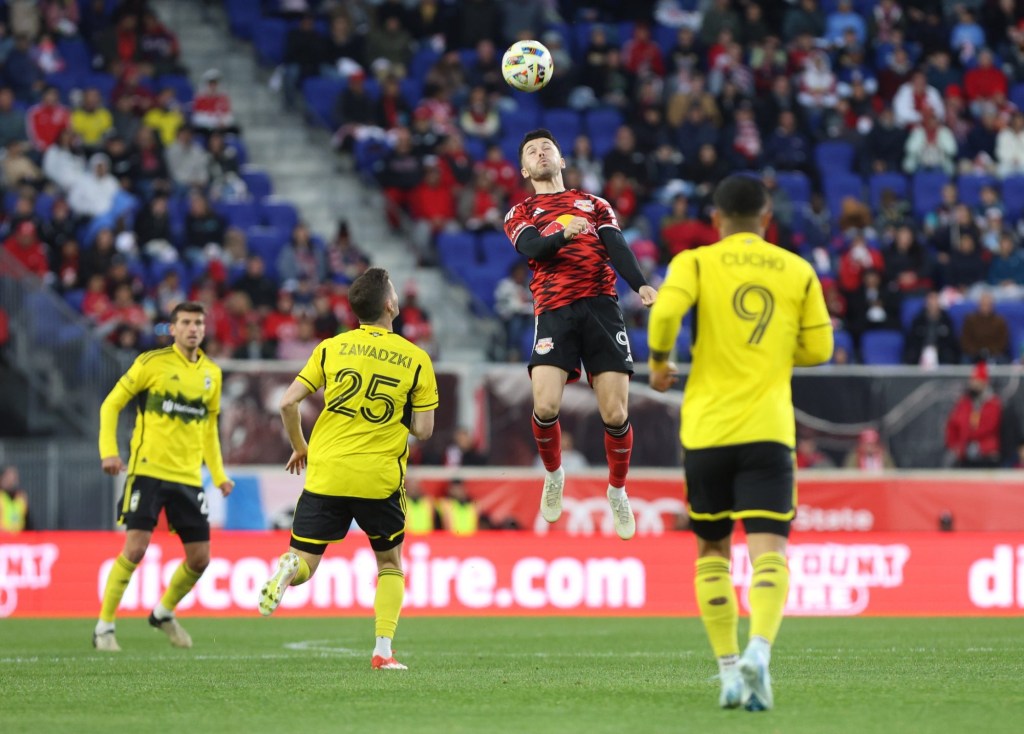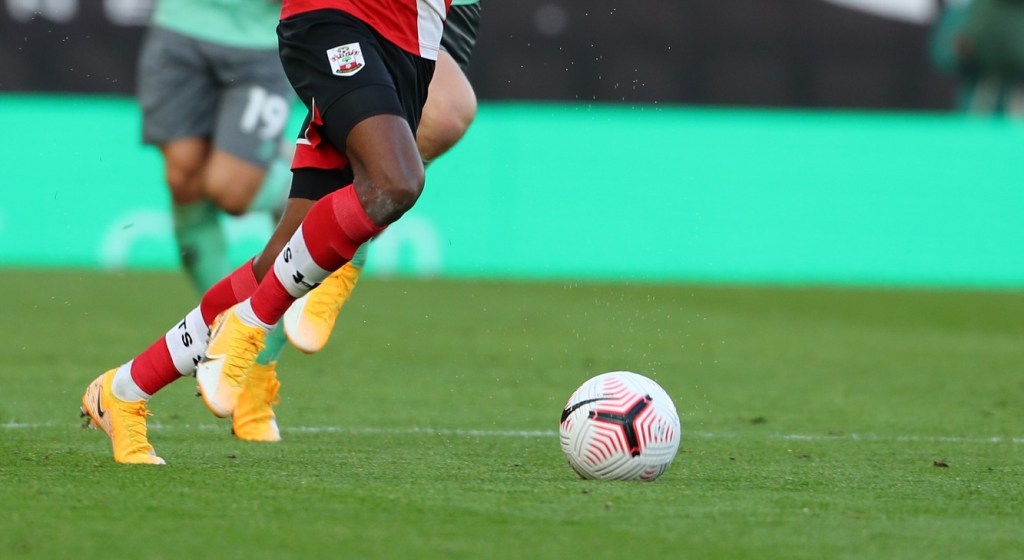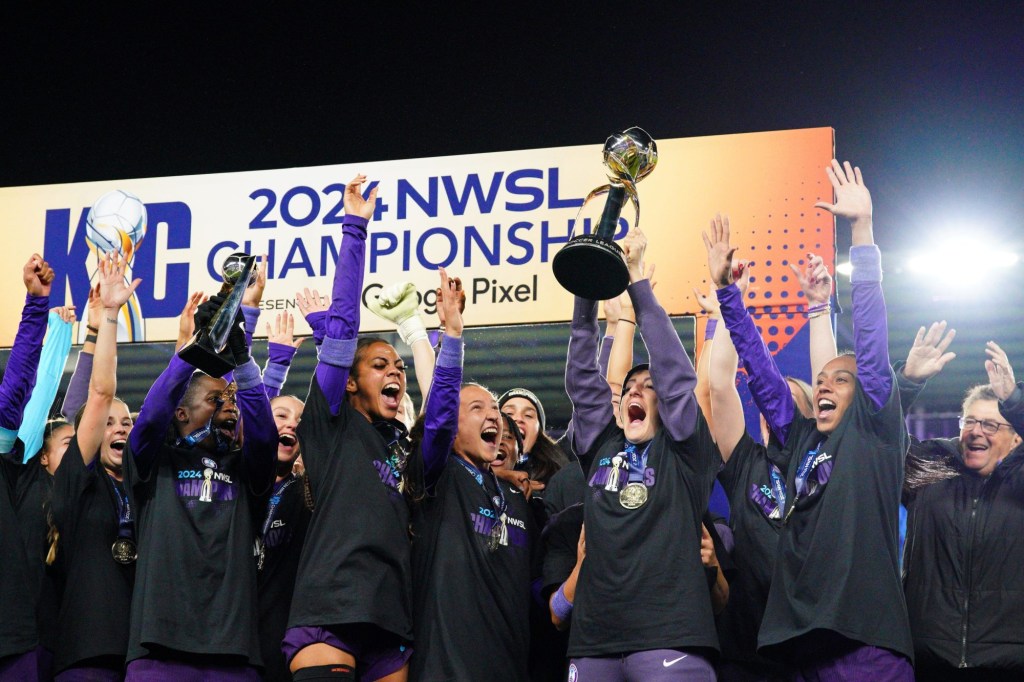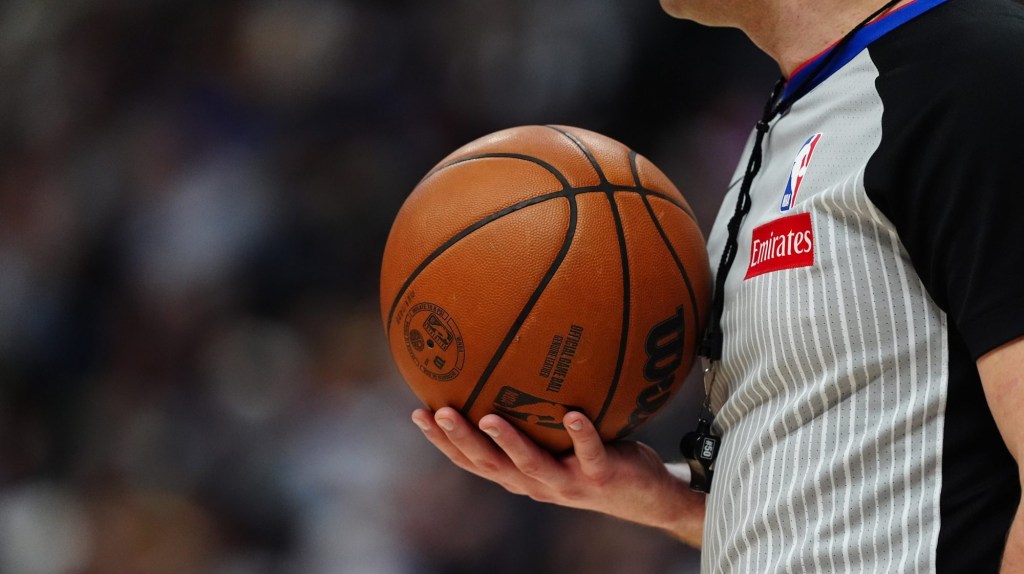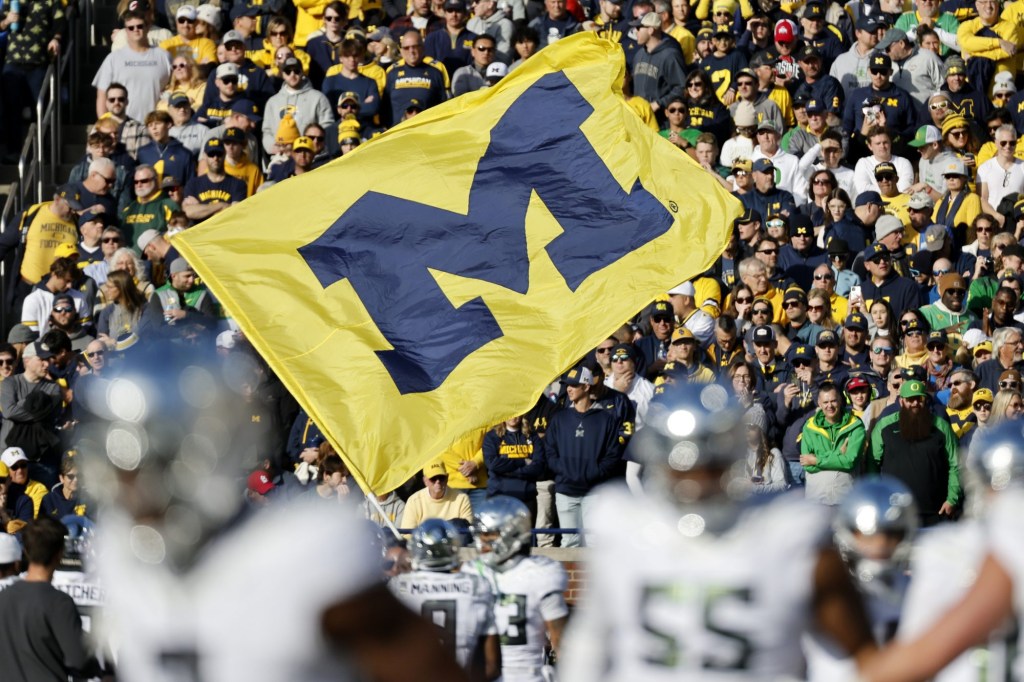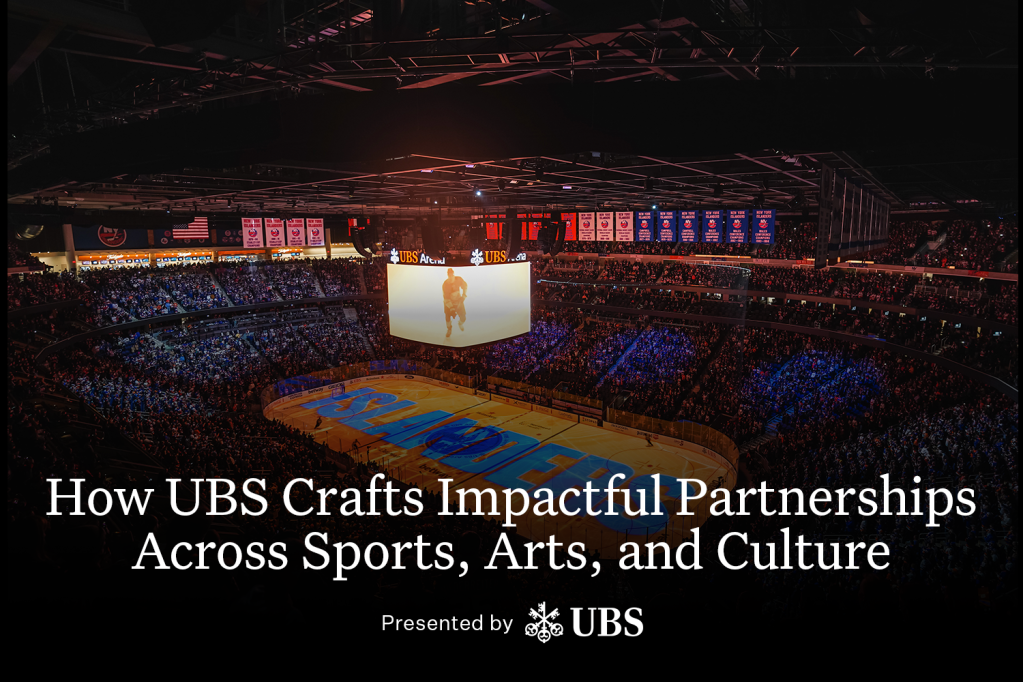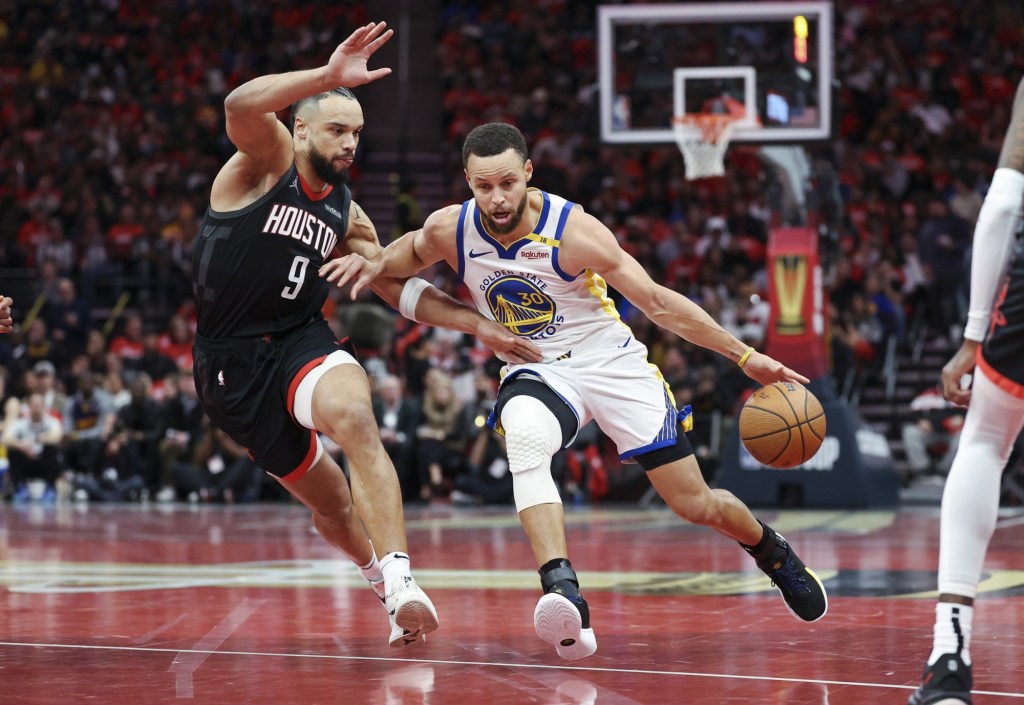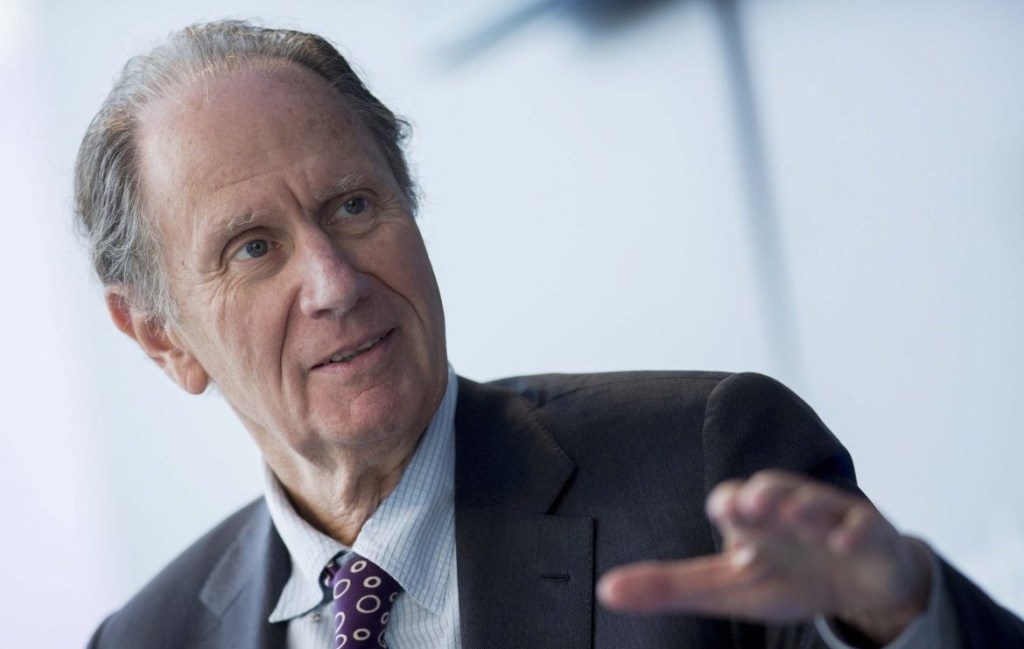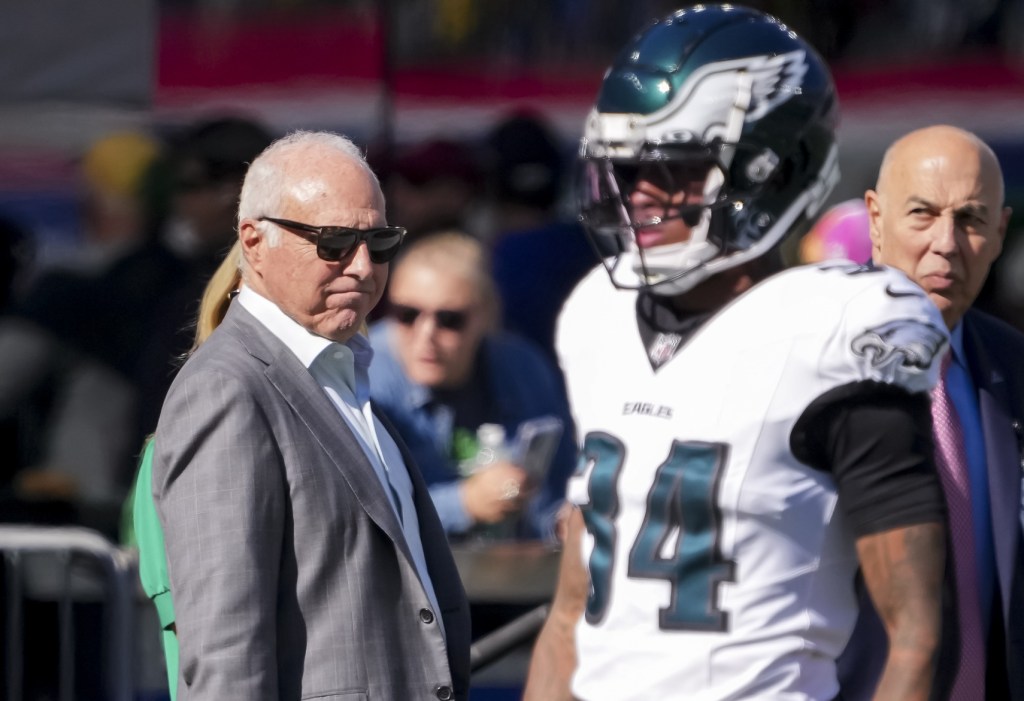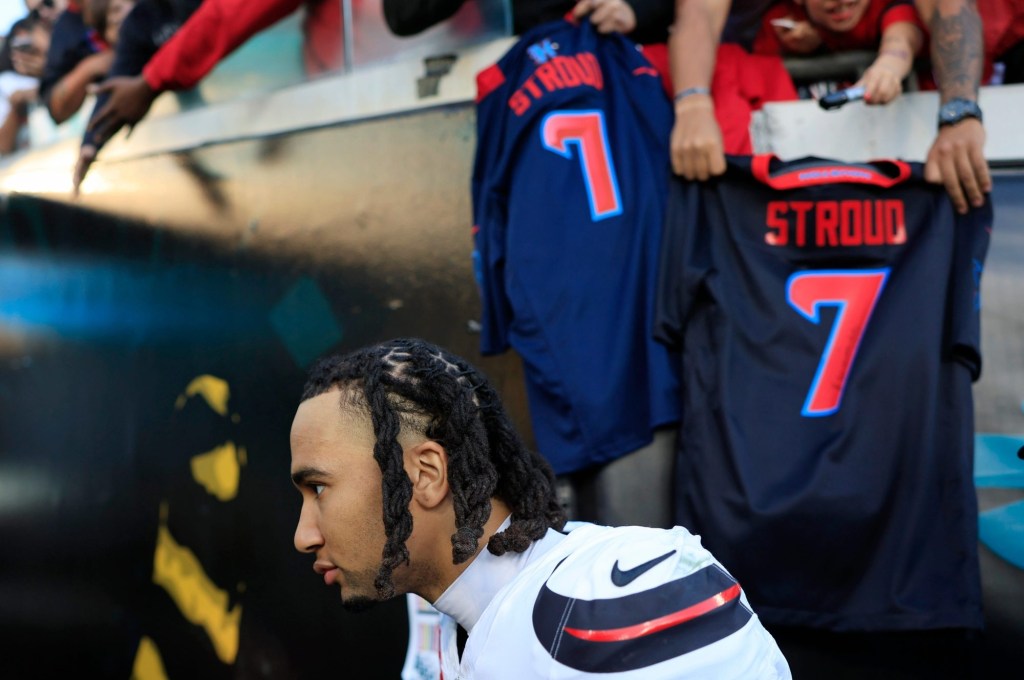The U.S. Women’s National Team is aiming for an unprecedented three World Cup victories in a row. Roger Bennett, founder of the Men in Blazers media network, suggests that the country has had a structural advantage in the women’s game up to now.
“Title IX exists in the United States,” said Bennett. “It doesn’t exist anywhere else in the world.”
The program, signed into law by Richard Nixon as part of an education bill in 1972, barred gender discrimination in any education program that accepts federal financial aid. Since then, funds have poured into women’s collegiate sports over the past 51 years.
“That has given the United States just generational, almost first-mover advantage in women’s sports,” Bennett explained. “The health of the women’s league here, the NWSL, reinforces that.”
The countervailing force in European women’s leagues is the relationship many teams have with some of the best men’s clubs in the world, such as Barcelona, Manchester City, and Paris Saint-Germain.
“These teams in Spain, for instance,” Bennett noted, “what they have is elite coaching. They have a smaller pool of players than we do in the United States, but they have immense tactical advantages. Same in France, England … so there will be real competition [at the Women’s World Cup].”
Europe’s Saudi Arabia Problem
Saudi Arabia has spent lavishly to attract global soccer stars like Cristiano Ronaldo and Karim Benzema. While some have brought up that this could present a challenge to MLS, which has largely succeeded in attracting aging European players in past years, Bennett believes that the country’s sports initiative presents a tougher issue for the European leagues.
Saudi Arabia’s spending is “creating a crazy new forcefield, a phenomenal huge new source of capital that is changing and reinforcing, in some ways, the huge gulf of the mega-teams and making the rich richer in the Premier League,” Bennett noted.
“Chelsea, run by Todd Boehly — who has Saudi Arabian investors — is selling some of his deadwood players for huge sums to the Saudi Arabian league, who are investing in his team. There’s clear self-dealing, but no one had thought of that loophole when they tried to work out the regulations that run the Premier League.”
For more on our daily podcast covering the influence of sports on business and culture, listen and subscribe on Apple, Google, and Spotify. Also, you can follow us on Twitter.
